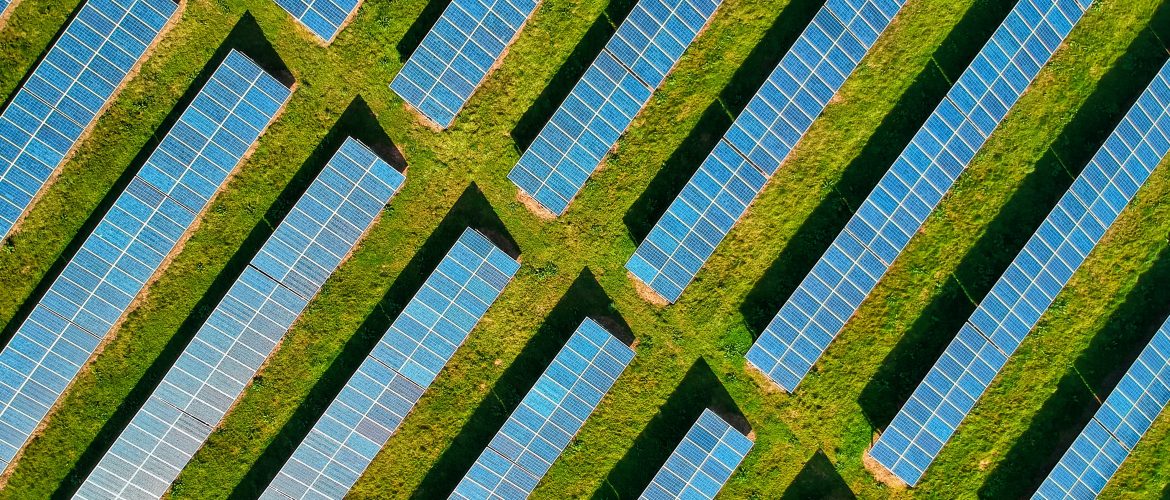In his article “How will Greece overcome the energy crisis: LNG, lignite or RES?” Nikos Mantzaris examines Greece’s options for tackling the energy crisis and especially for reducing the country’s dependence on Russian gas imports. More specifically, he focuses on the two options presented Greece’s “salvation” from Russian gas imports. The first is the construction of new pipelines to transport fossil gas from sources other than Russia in conjunction with increasing the country’s capacity to import larger quantities of LNG. The second is to postpone lignite phase out and to increase lignite production.
Both options have serious climate and economic implications for the country and are incompatible with current EU policy. On the use of fossil gas from sources other than Russia and LNG, Nikos Mantzaris points out the risk of Greece investing in infrastructure that will quickly turn into stranded assets due to the new REPowerEU’s target to drastically reduce fossil gas consumption in Europe – regardless of the source. He also underlines that by far the largest share of REPowerEU’s resources are directed to the accelerated deployment of renewables, energy storage projects, increasing energy efficiency, installing heat pumps, building new grids and significantly increasing biomethane and green hydrogen production, rather than fossil fuel infrastructure.
The second option being considered in Greece to deal with the energy crisis is the postponement of lignite phase out by prolonging the operation of lignite plants. However, the implementation of this option will compromise the country’s climate progress in recent years, will burden the national economy as the carbon price on the EU ETS is expected to remain high and will undermine the credibility of the Public Power Corporation (PPC), which in recent years has adopted a clear strategy of divesting from lignite while dynamically shifting to renewables.
In view of the forthcoming revision of the Greek National Energy and Climate Plan, the article concludes that the commitment to accelerating the deployment of properly sited renewables is by far the best energy strategy not only for achieving a clean transition to energy autonomy but also for drastically reducing the exposure of the Greek national economy to Russian fossil gas.
The article was published in Greek in the 2022 special edition of energypress on energy sectors and energy companies in the Greek market.



















































































































































































































































































































